5 Benefits of Solving Puzzles
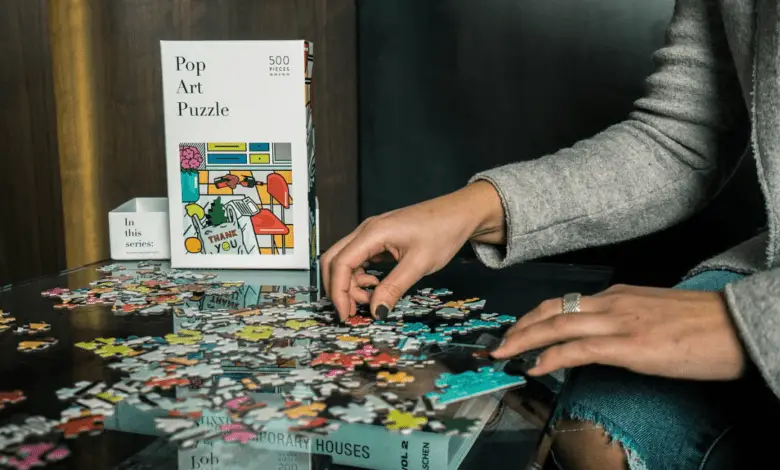
Most 4-year-olds at some point would have sat down with their parents during a weekend to complete the 50-piece animal jigsaw puzzle that some cousin’s aunt’s grandmother’s daughter’s son gifted them. But, slowly most of these children outgrow puzzles unaware of the benefits of solving them. Lastly, as adults, we completely dissociate ourselves from jigsaw puzzle challenges except for maybe sitting with their kids who still found joy when they saw a lion jump out of the floor as they connected one piece after the other. Do puzzles become less challenging as we grow, or do we fail to acknowledge the hidden merits of it?
What Are The Different Kinds Of Puzzles?
Beginning with crosswords to word-search to sudoku to logic to jigsaw, puzzles are of different kind. With a plethora of puzzles offered to us on a platter, we need to understand the benefits of solving puzzles. Most of the puzzles playing with words or numbers require an elementary understanding of the game. But, among puzzles, jigsaws benefit all age groups and require no prior knowledge and cater to all age groups.
Puzzles Are Always A Challenge To The Brain
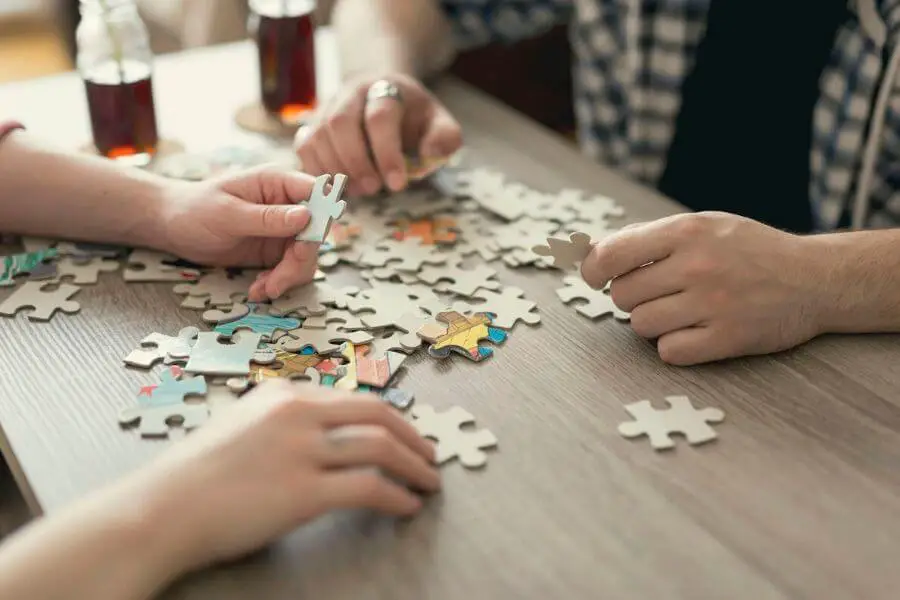
As we grow, our brain grows too. As much as it is important when you do puzzles solving, the biggest reason why we fail to engage ourselves doing it as we age is, that it becomes less challenging. Starting with a 5 piece puzzle, as a kinder-gardener, it is imperative that we increase the puzzle size as we grow. In the present day, starting from 100, 500, 1000, 2000 we have up to 5000, 10,000 and even 40,000 piece puzzles to cater to different age groups and categories.
When you do puzzles, you challenge your brain every time, neurons fire and it increases brain activity. When we do a particular action, most of the time the action involves either exercising the right or the left part of the brain. But, if you’re an avid puzzler, you are mentally working out. Our right brain is known for creativity, while our left brain revolves around logic. Engaging in puzzles activates both parts of the brain thus improving our attention span and problem-solving skills.
Puzzles As Stress Reliever
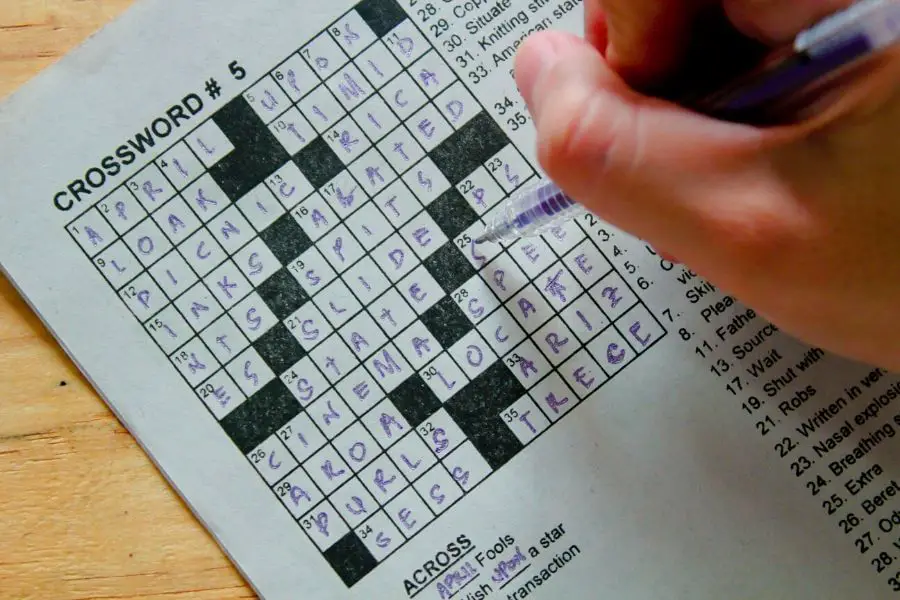
Apart from the benefits of activating your brain, puzzles are a great way to get rid of stress. In the recent past, there have been several studies on how stress can affect the body’s immunity level, how it can reduce brain cells and pave the way for depression and anxiety. They keep these mental and physical illnesses at bay.
Puzzles Build Relationships
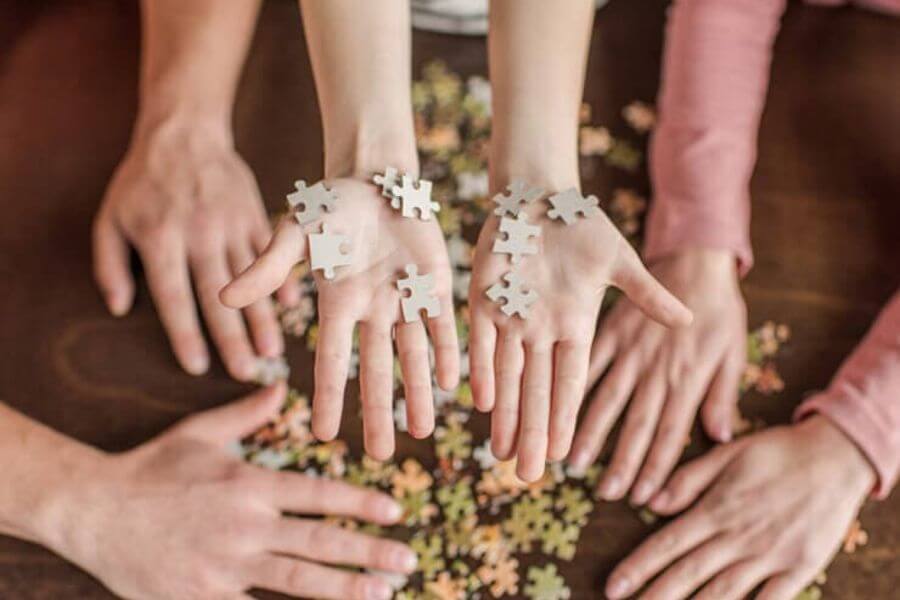
In this digital age, we grow farther apart day after day with virtual reality taking over. Most individuals fail to connect with their near and dear ones, as mobile phones and tablets become acquaintances and friends. Puzzles can bridge the gap in families to achieve a common and shared goal. Sitting around in a table focusing on solving a puzzle together can trigger conversations that can provide solutions and build relationships.
Puzzles Improve Memory
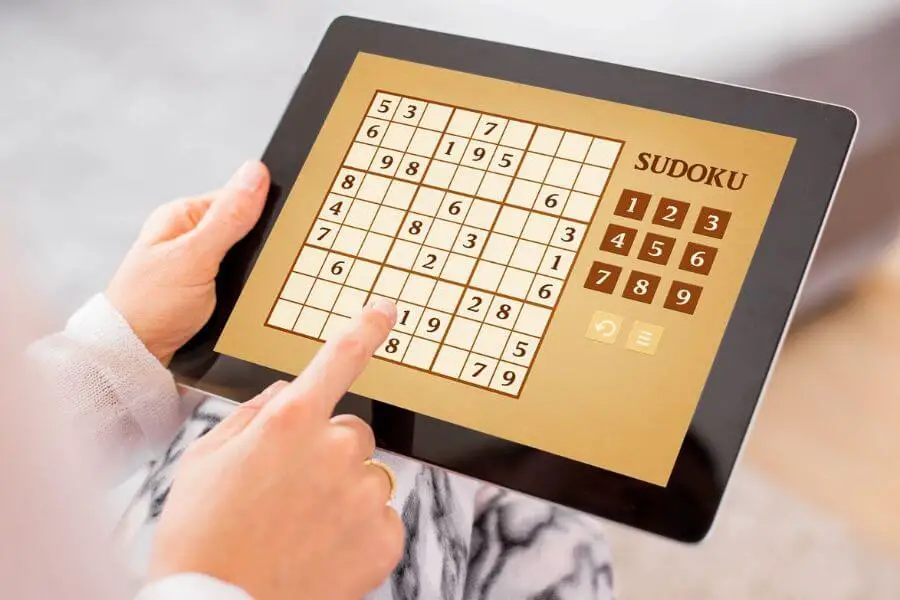
We make memories both happy and sad. Memory is what keeps our lives running. If not for memory, we would wake up in the morning, have breakfast, forget the fact that we had breakfast and spend the rest of the day thinking about breakfast, later forget what we started thinking about and the cycle goes on. Memories are stored in the hypothalamus region of the brain. This region is benefitted when you solve puzzles.
When you work on it, you are constantly trying to remember which piece goes where. You are constantly segregating the colours, and from memory you try linking pieces together based on colour and the big-picture; thus helping our ability to remember and recollect.
Puzzles Can Increase Longevity
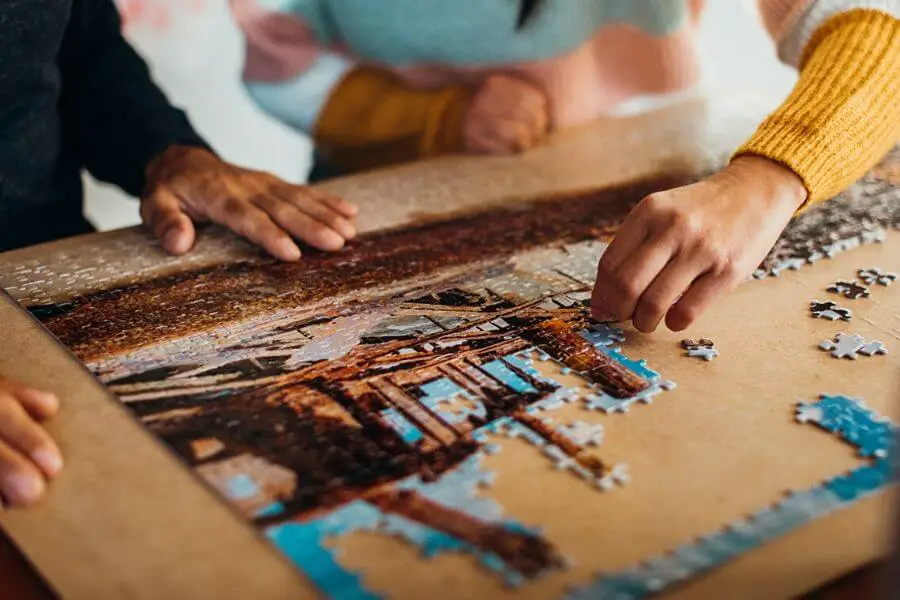
Diseases like Alzheimer’s or dementia are less likely to affect you when you engage yourselves in puzzle solving. Several studies show that the elderly who solve them are more likely to have a young brain comparable to that of a 25-year-old. They ward-off several old-age related issues and keeps the soul and the mind young.
These are a few benefits of solving puzzles. As against to unproductive activities like swiping through your social media accounts, puzzles are good entertainers and happy companions. They bring out the best in you and help you to focus. Puzzle solving makes the brain release hormones called dopamine, which affects concentration and motivation. Puzzles are a great way to engage yourself and the people around you on a weekend. Now, it is now time for you to solve one!




Nice information